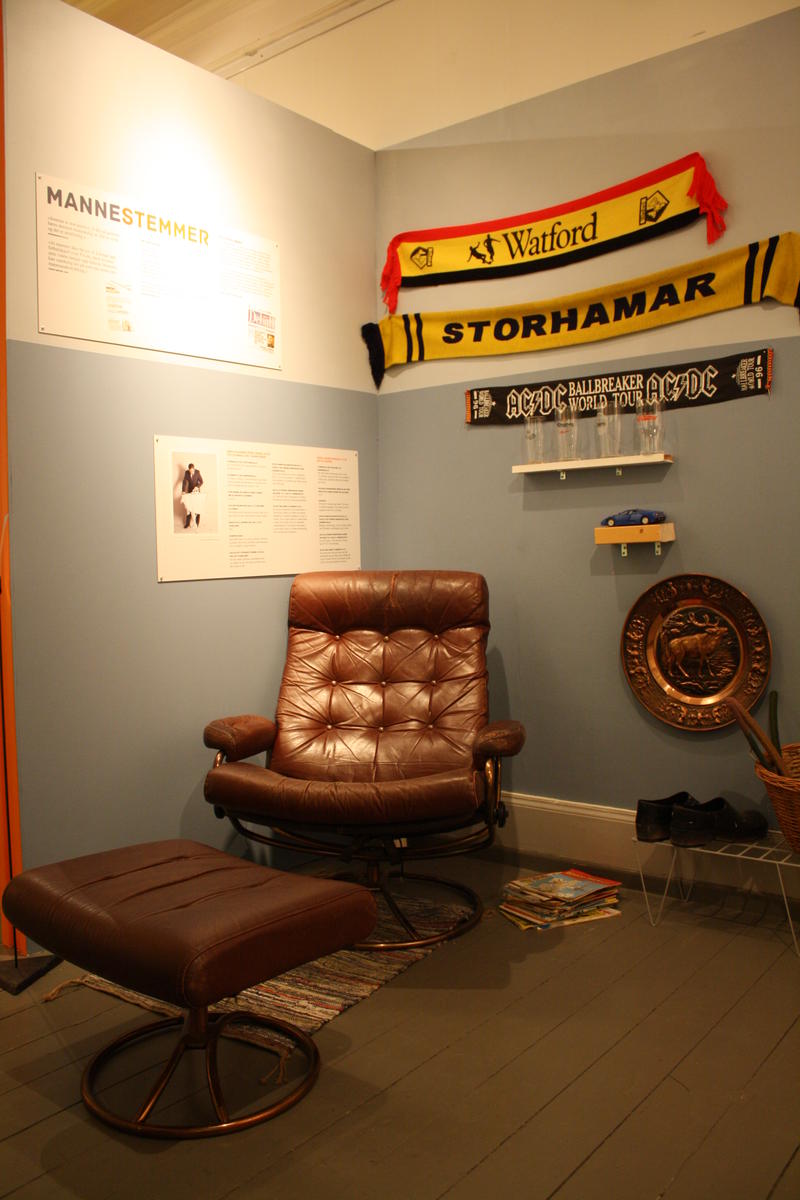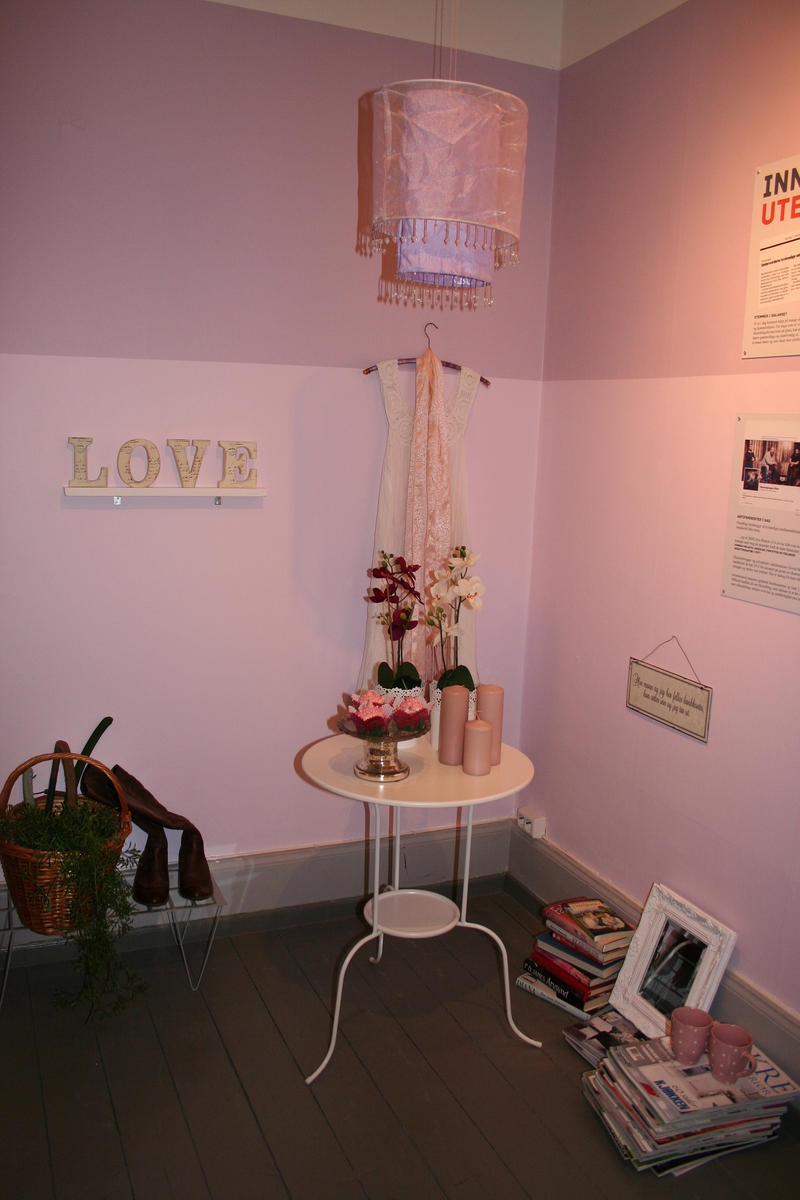Balanced voices
We have come far in many areas when it comes to gender equality. Young people growing up in the wake of the passing of the important equality laws, feminism can seem old-fashioned and outdated. However, studies show that we see far more of men than of women in Norwegian public life.
Anti-feminists in 1913 and 2013
In 1913, male politicians discussed whether the fact that a woman was indeed human meant she should have the vote, and it was argued that women would only sound silly (with their womenly ways) in political debates, and that they already had so much power "behind the scenes" it would be unfair to the men to give them actual political power.
However, anti-feminism is not merely a thing of the past. In 2012, blogger and anti-feminist Eivind Berge was arrested because of his extreme political utterances and threats against the police.
The feminists marched through the institutions and won. (...) Officially, it's all about equality, but what is now marketed as "equality" is only a cover-up for hatred and injustice towards men (...) OnJuly 22 2011, we were treated to a taste of what a battle of the sexes can mean when men mobilize, and I was not alone in being happy that the feminist state was attacked. (...) One should definitely take meninism seriously. The cost of angry menn can be larger than the benefits of feminism(...)
- 1/1
Hvorfor forvises fotballskerf og ølglass-samlingen til kjellerstua eller en "man cave"?
More moderate voices have also begun criticizing "state feminism", and so-called anti-feminist, political incorrect TV-shows have gained popularity.
Norwegian women are harrassed online
Female public figures have to endure threats of violence and rape almost daily. Political editors, commentators and contributors are told that they are frigid, premenstrual, sexually depraved, ugly and man-haters. Some have claimed that women leave politics too early because they cannot cope with the strain of long lasting harassment.
Power in the home
Feminists have forgotten the power and influence that women have at home, according to scholar Runar Døving. He has analyzed the power abuse by women in the home and compared it to male publice power abuse. When women exchange information, men call it "gossip" and "cackling". This, argued Døving, is "attack from an inferior position".
Døving argued that women has as many privileges in the home as men have publicly. She has the "love privilege", which makes her powerful, and she does not want to loose that. To avoid more work and responsiility, people avoid learning new skill sets. This way, the ideological and practical gender segregation is enforced. Men cannot do laundry, and women cannot fix cars.
- 1/1
En rosa drøm med cup cakes og duftlys. Lisbeth A. Chumak | Kvinnemuseet, Anno

